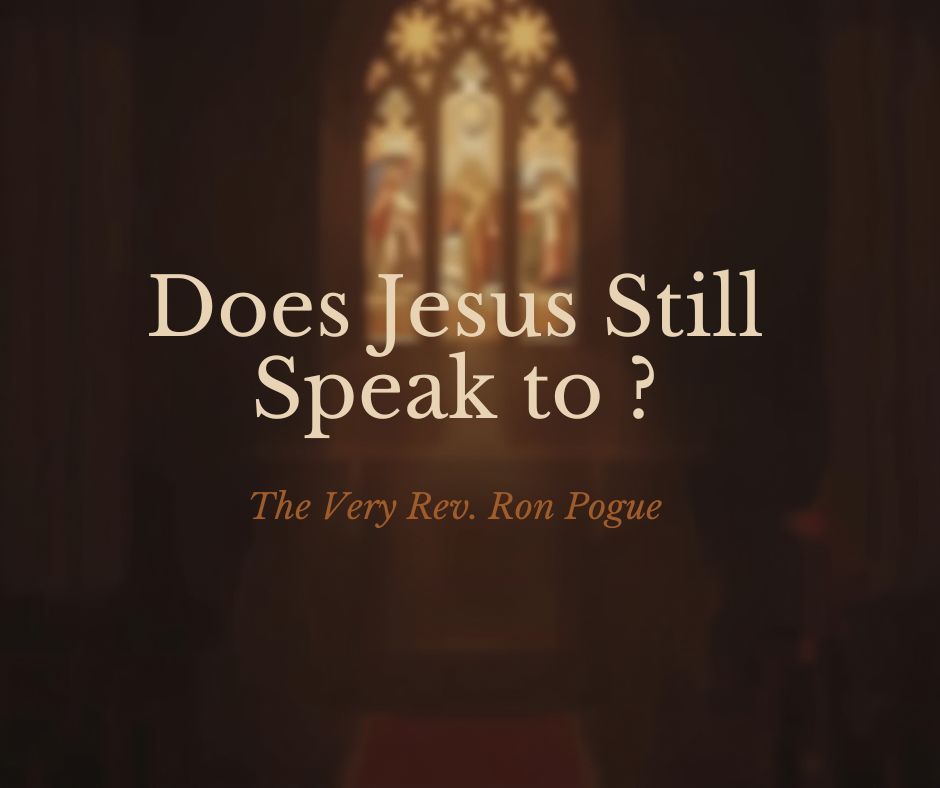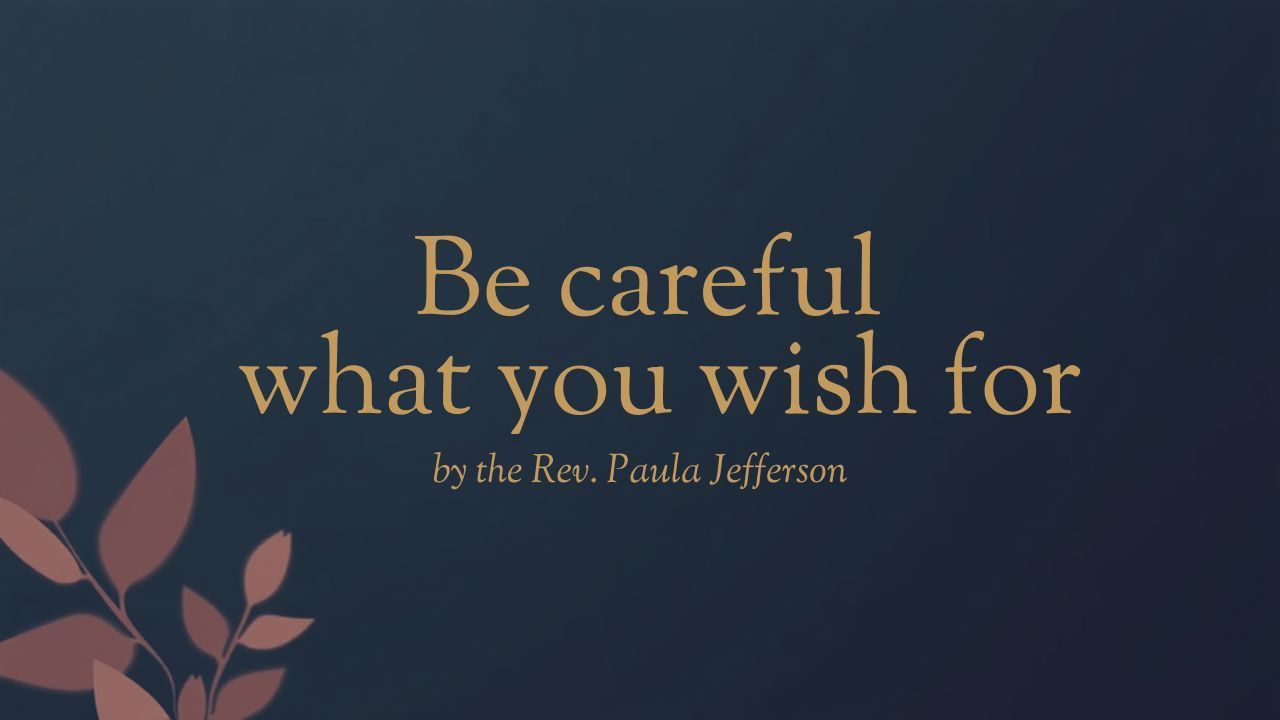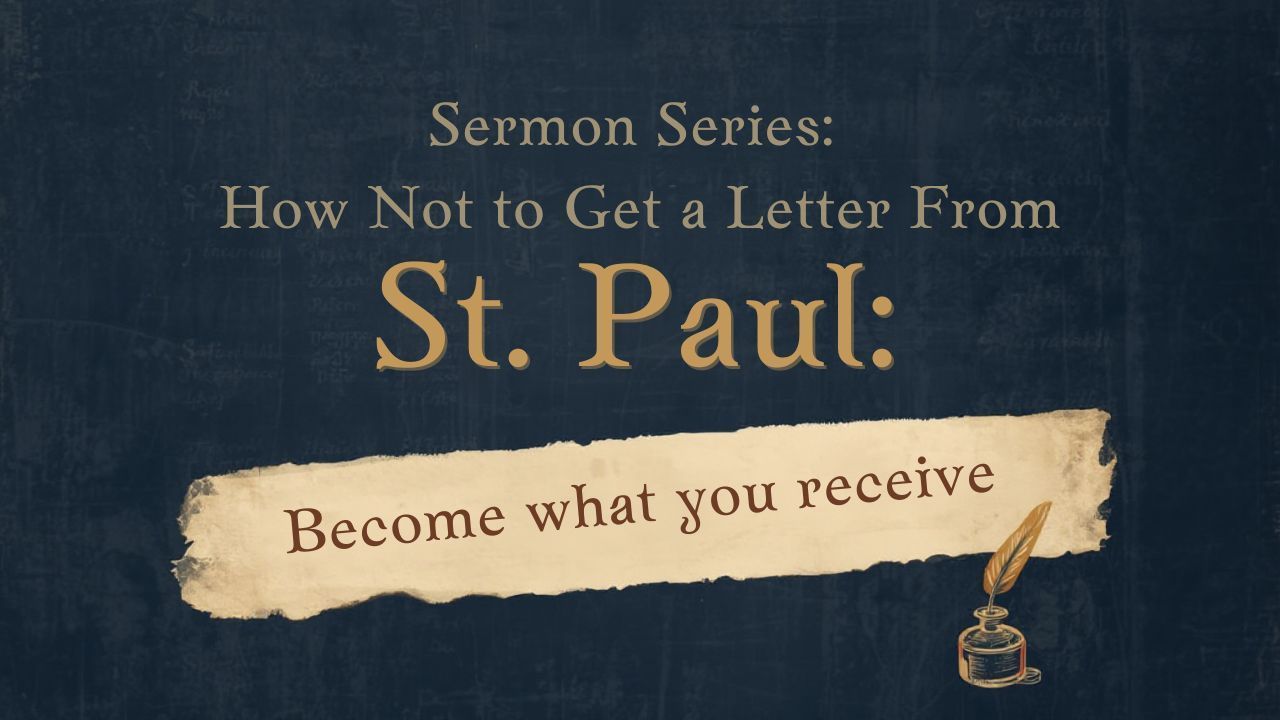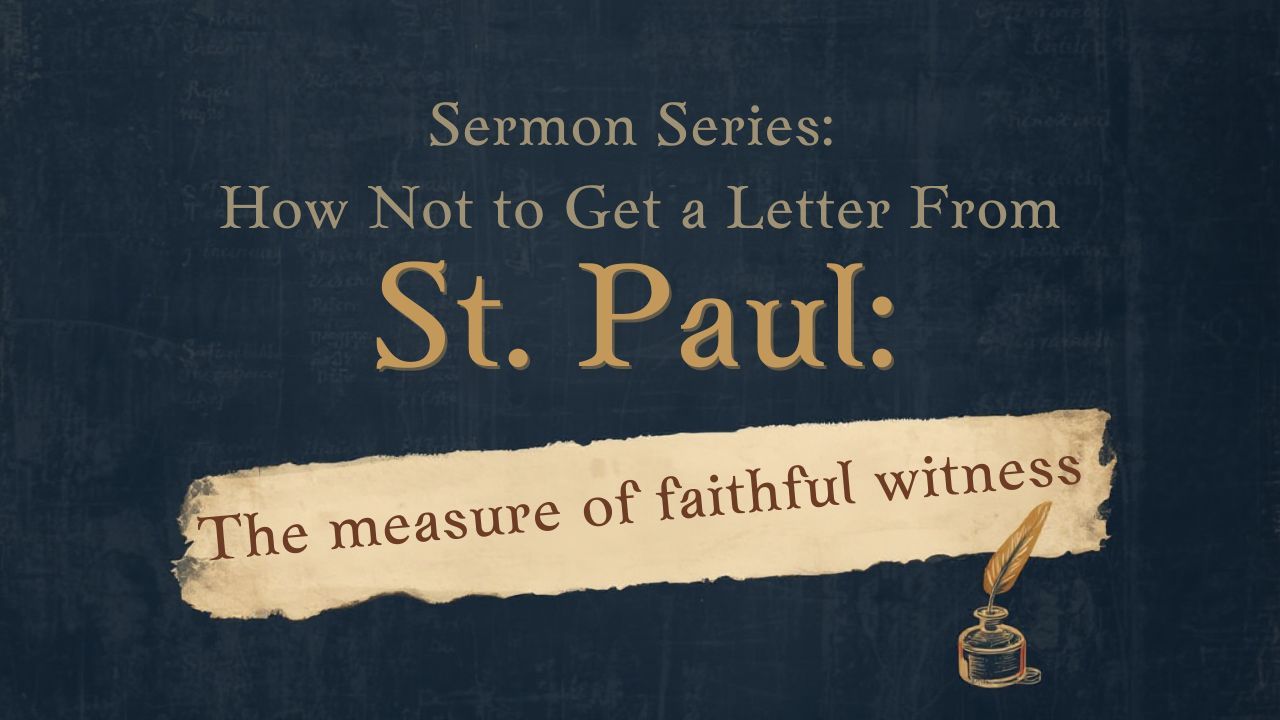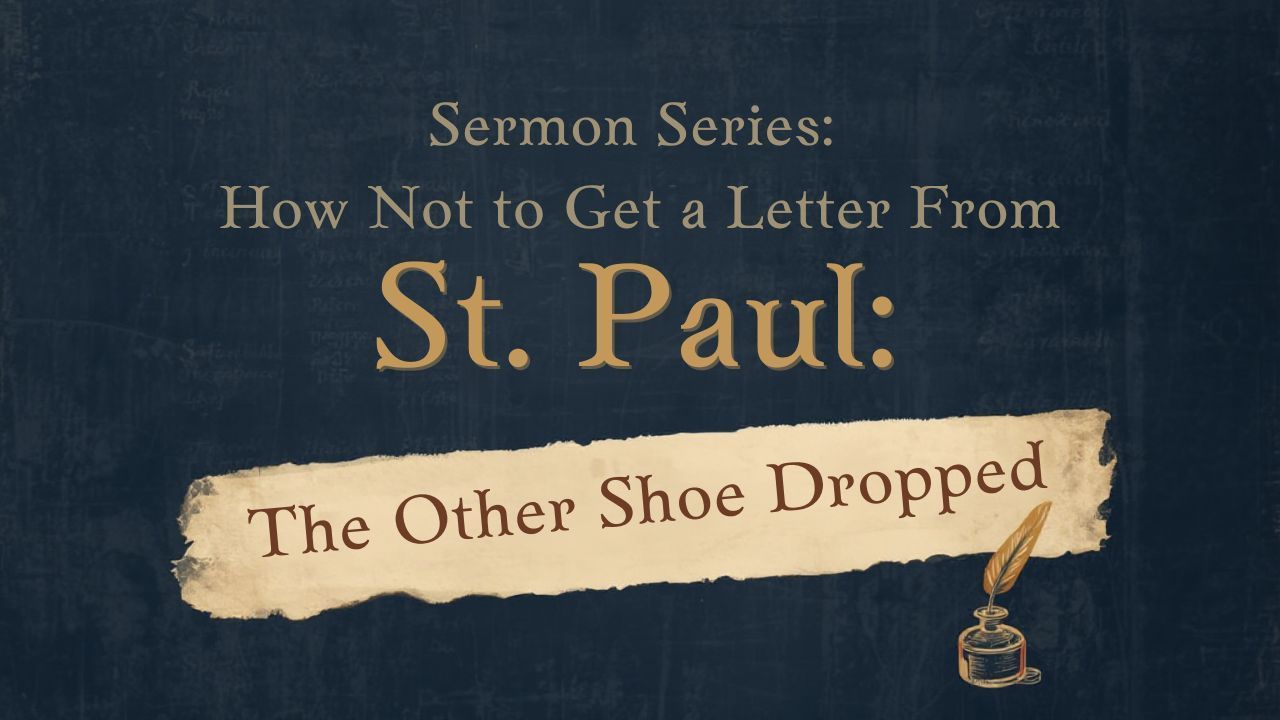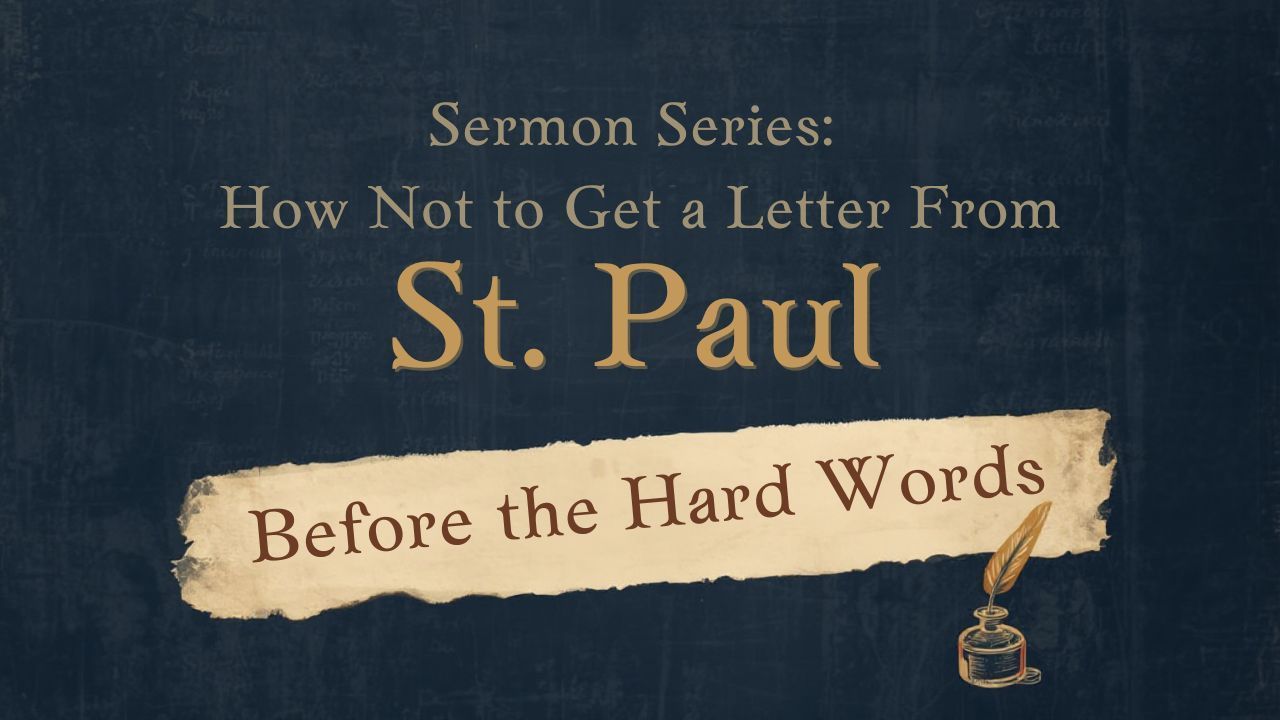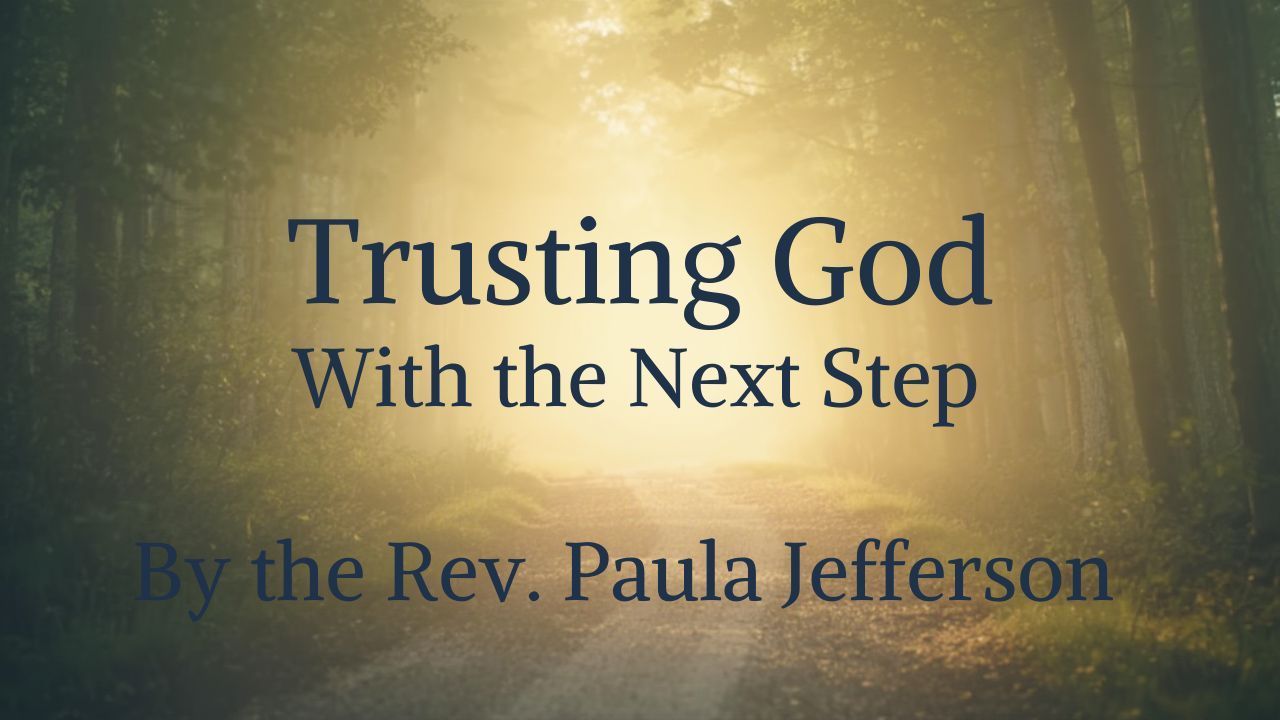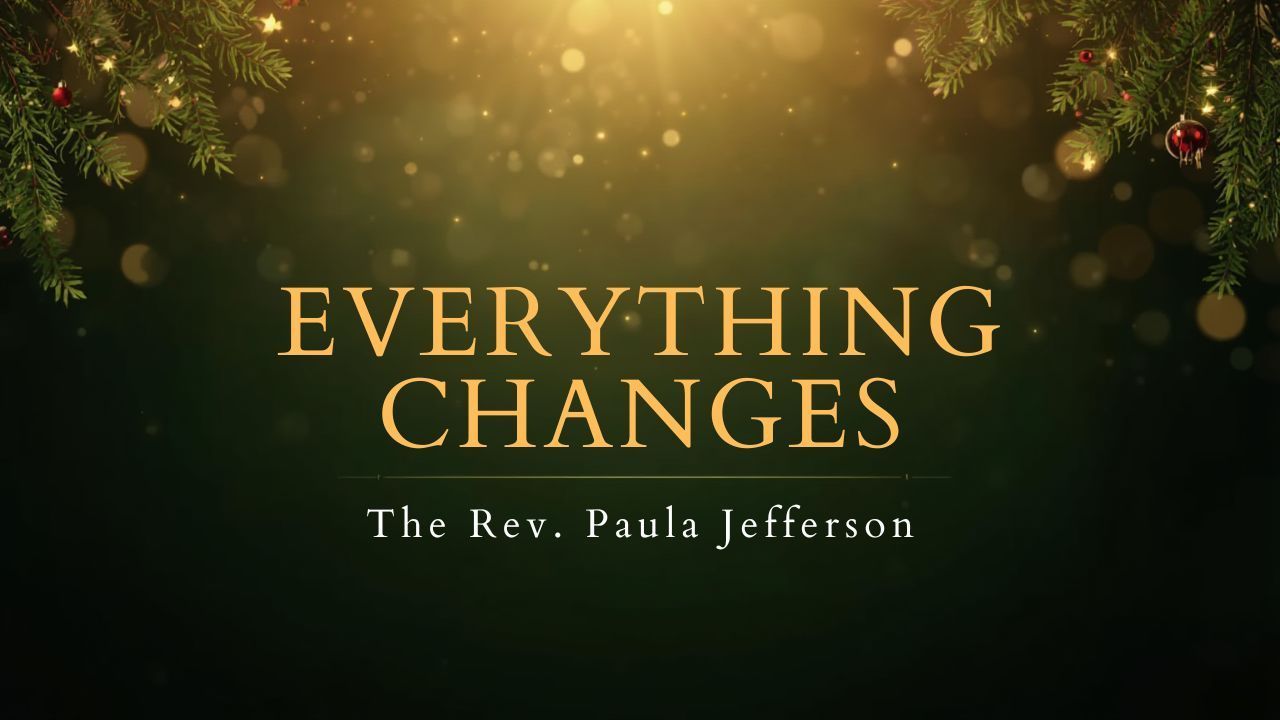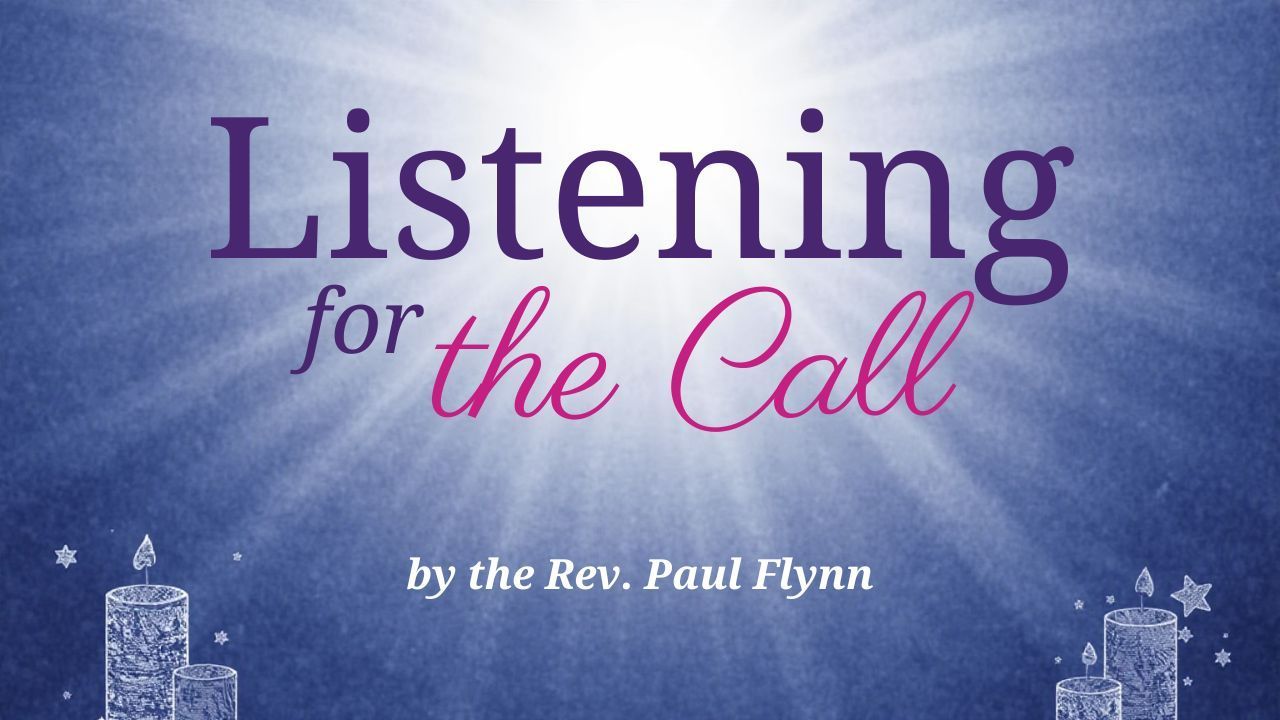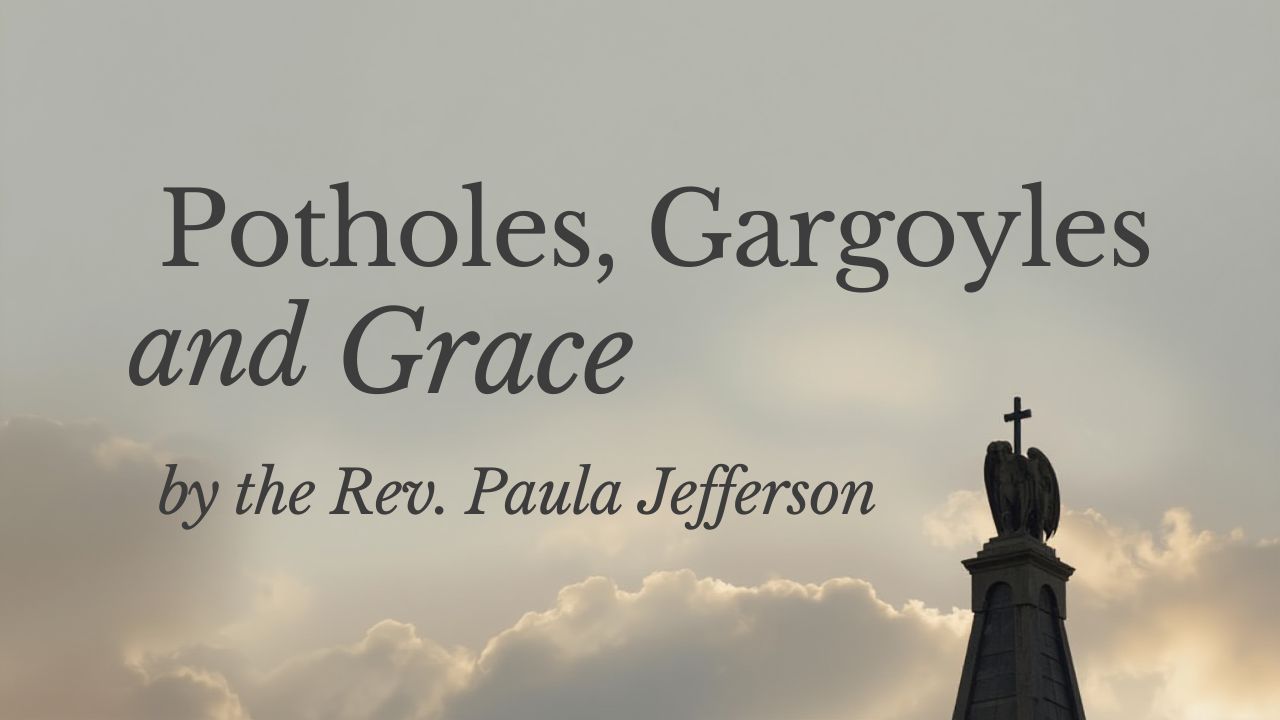Have you ever stood in a place where something important once happened? Maybe the Alamo or even Plymouth Rock? Or maybe you have traveled further and stood somewhere like the Mount of Olives?
When we stand in these places, it’s almost like there is a collapsing of time. We can imagine those other events taking place around us and somehow nearly see ourselves as participants, it seems in some ways we gain clarity from those other moments in time.
In our story today Joshua has chosen just such a place for his final address to the people of Israel. They have gathered, west of the Jordan River, in Shechem, a place located in a mountain pass heading east/west between Mt Ebal and Mt Geraziim. The pass is not so wide. If you stood at the base of Mt. Ebal where the land levels out and started walking, you would reach the rise of Mt. Geraziim in about six minutes at a good pace. Nearby are the great Oaks of Moreh. And for hundreds, maybe even thousands of years, people have gathered here beneath these trees, in the shadows of these mountains, to learn and to worship and to make covenants with God.
Joshua and the people of Israel have been here before.
It was here that Joshua built an altar and gathered all the people as Moses had instructed -- to review the covenant that God made with them and to proclaim the Blessings and Curses—blessings if they remained faithful to the Lord, and curses if they forsook the Lord, according to the law of Moses.
It was here that Jacob, also known as Israel, had set up an altar to the Lord in gratitude for being reunited with his brother Esau.
It was also here that Jacob, had called upon his entire family to give up their idols to foreign gods and consecrate themselves to the Lord and bury those idols beneath the tree at Moreh.
And it was here at the great tree of Moreh, that Jacob’s grandfather, Abraham, had first heard the promise of the LORD, “To your offspring I will give this land.” And Abraham had responded in gratitude by building an altar.
So many layers of history and time,
So many journeys and wanderings.
Altars built and idols buried.
Covenants made and broken and renewed.
In this sacred space, Joshua begins by recounting all the many ways that the LORD has been with them—how the LORD called Abraham out of his land and gave him promises, how Jacob and his sons went down to Egypt, how the LORD delivered the children of Israel from slavery, how the LORD gave the law to Moses and watched over the people and provided for them in the wilderness, and how the LORD has driven out the nations before them and given them this land flowing with abundance.
Then Joshua challenges them to fear the LORD and serve him faithfully and throw away their foreign gods, and he says, “but if you are unwilling to serve the Lord, then choose this day whom you will serve…”
The people gathered at Shechem that day respond, “Far be it from us that we should forsake the LORD to serve other gods…he has been there for us…he has seen us through…we will serve the LORD for he is our God”
But then, as if Joshua knows they are just saying the “right words”, he counters them—“You can’t do it! God is holy, and God wants all of you—not just a part. If you say you will serve the LORD and then forsake him and give your allegiance to other things—God is going to challenge you and call you out on your unfaithfulness.” And the people respond with added vigor. “No, we will serve the LORD our God.”
Then Joshua said to the people, “You are witnesses against yourselves that you have chosen the Lord, to serve him.” And they said, “We are witnesses.” He said, “Then put away the foreign gods that are among you, and incline your hearts to the Lord, the God of Israel.”
As I meditated on this passage I found myself wondering, “What are those other gods that call for our allegiance in our day? On what altars do we sacrifice our time? Our health? Our children? Maybe they are the gods of Wealth, or Security, or Prestige. To whom do we pay homage by fearing? Do we fear the gods of Poverty, or Rejection, or Illness? I am working through this for myself—what do I fear? What am I willing to make compromises or sacrifices for? And am I willing to throw away or bury all those things and put my full trust in the LORD?
For some of us our sacred places have been taken away, we are unable to return to those places where our ancestors went before to make their vows to the LORD. And yet, we have an experience that bears much the same power and weight.
Last week we renewed our Baptismal Covenant. We renew it every All Saints Day and every Pentecost Sunday and every year on the Baptism of our Lord and every time there is a Baptism in our midst. It was declared at our own baptism and we proclaimed it when our children were presented to the LORD. In Baptism we are reminded of the waters of creation and the waters through which the children of Israel passed. We are reminded of our sin and our redemption in Christ and the offer to be made whole again.
So many layers of history and time,
So many journeys and wanderings.
Altars built and idols buried.
Covenants made and broken and renewed.
And we make our vows and we recite our creeds and we say the words of our confession. But then, as if Joshua knows we are just saying the “right words,” he counters us—“You can’t do it! God is holy, and God wants all of you—not just a part. If you say you will serve the LORD and then forsake him and give your allegiance to other things—God is going to challenge you and call you out on your unfaithfulness.” And we respond with added vigor. “No, we will serve the LORD our God.”
Then Joshua says to us, “You are witnesses against yourselves that you have chosen the Lord, to serve him.” And we say, “We are witnesses.” He says, “Then put away the foreign gods that are among you, and incline your hearts to the Lord, the God of Israel.”
And from our Baptismal Covenant we respond, “We will, with Gods help.”
